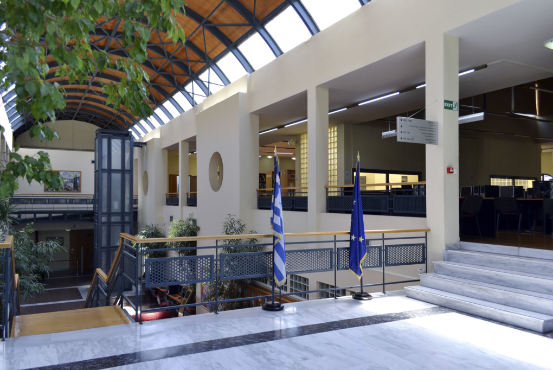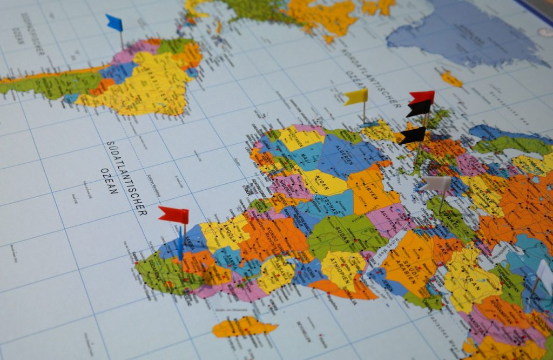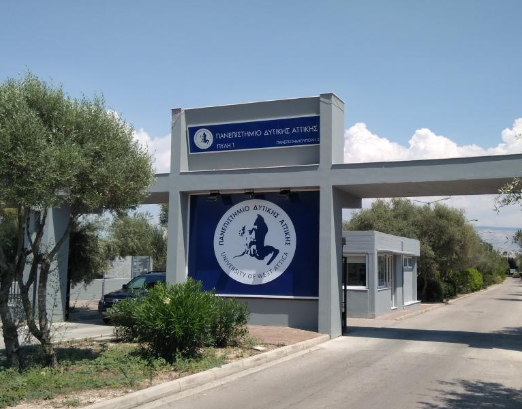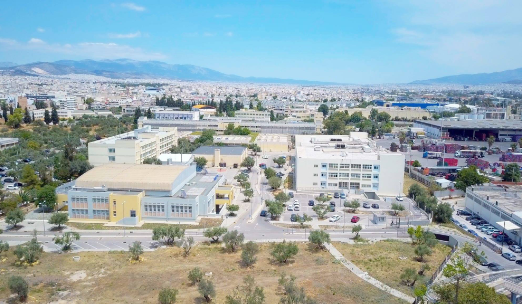HISTORY
History

UNIWA was founded in March 2018 by the National Law 4521. The foundation of the newly established University came from the merging process of the former Technological Educational Institute of Athens and Piraeus University of Applied Sciences. In 2019, the National School of Public Health joined the newly established university.
UNIWA operates with high educational and research standards and strives to respond to the ever-increasing demands of a modern society for the creation of executives that have attained a solid scientific and technological background.

The newly established university is the third largest in the country in terms of student numbers. It has approximately 57,800 undergraduate, 5,500 postgraduate and 780 doctoral students. UNIWA has expanded to three Campuses within the metropolitan region of Athens. The Egaleo Park Campus lays in the administrative boundaries of the Municipality of Egaleo, surrounded by the streets Milou, Agiou Spyridonos, Dimitsanis, and Edessis. The Ancient Olive Grove Campus is also located in the Municipality of Egaleo, on Petrou Ralli and Thivon Streets, on the border of the historic Athens Olive Grove, where Ancient Athenian Philosophers gave academic lectures. Finally, the Athens Campus is located in the Municipality of Athens on Alexandras Avenue and is housed in the premises of the former National School of Public Health in a building of particular historical value that underwent restoration works a few years ago. The operation of the institution is supported by its highly-qualified and experienced administrative staff.


Today, UNIWA includes twenty-seven departments, organized into six Schools, covering a wide range of disciplines. The School of Public Health, the School of Management, Economics and Social Sciences, the School of Food Sciences, the School of Health and Welfare Sciences, the School of Applied Arts and Culture and the School of Engineering. The Schools’ fields of study cover a wide range of modern science, including social, administrative and economic sciences, engineering sciences, health and welfare sciences, food sciences and art studies.

Our University maintains permanent partnerships with other domestic and foreign educational and research institutions, with the aim of continually improving the level of study. In addition, it is highly involved in various European Union Programs aiming for international collaborations, development of innovation and dissemination of knowledge.
Postgraduate programs are a high priority at UNIWA as it offers a wide range of programmes (departmental, interdepartmental, inter-institutional and interstate ones), covering a variety of scientific fields, thus enabling graduates to promote science and claim their place in the labor market.


